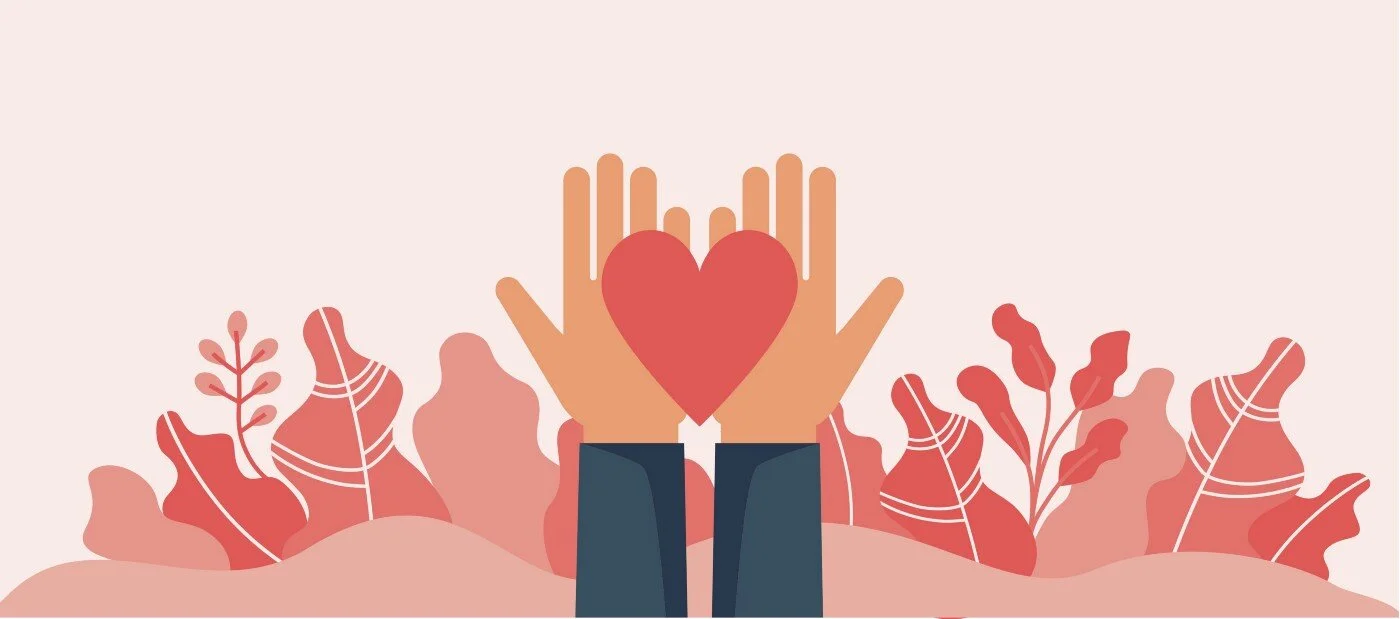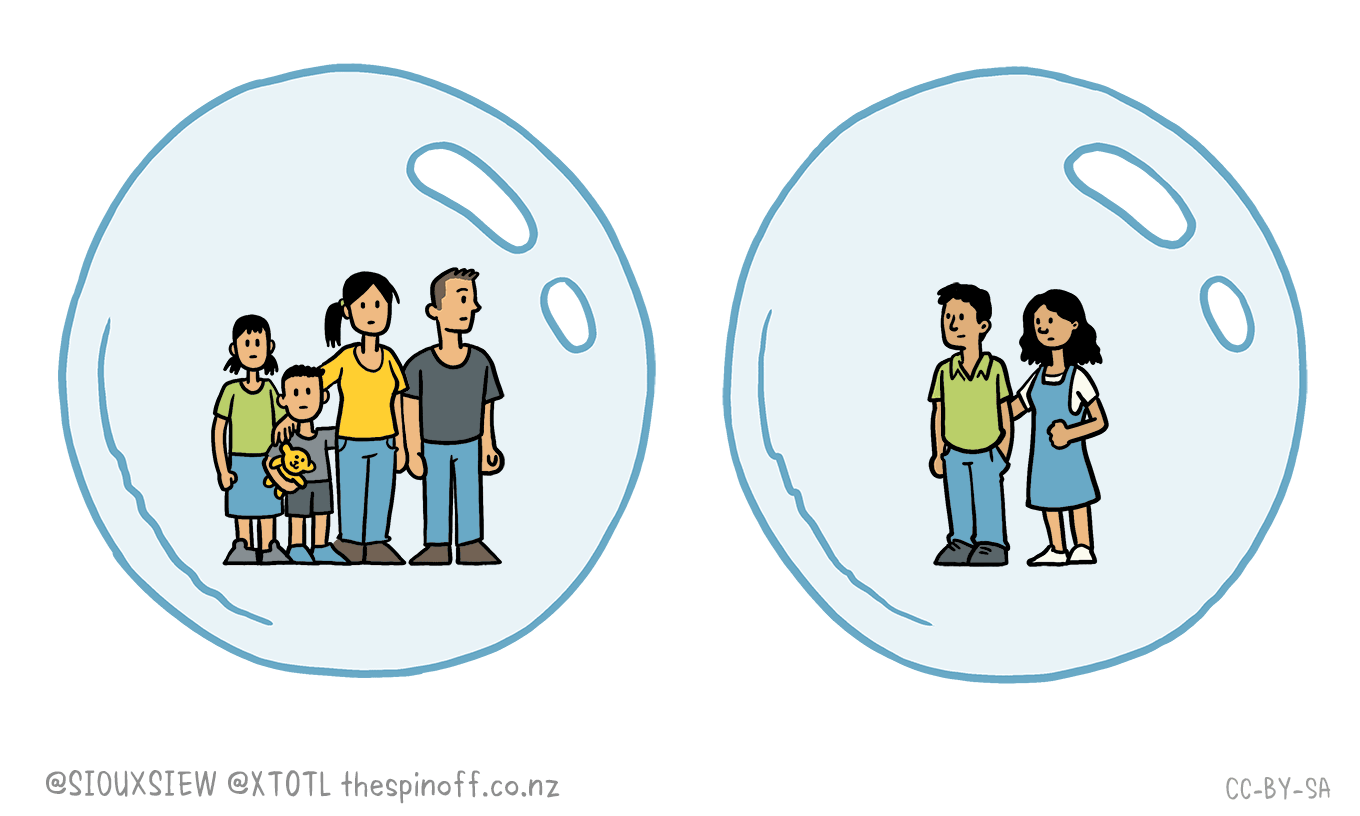At the time of writing the Australian Government’s COVIDsafe app has been downloaded more than two million times. In this repost from The Conversation, Dr. Mahmoud Elkhodr from Central Queensland University tells us how the app works, how its delivering on privacy concerns and some of the issues that have arisen.
Read MoreAcross Australia, most families are sheltering at home. In today’s analysis, Elizabeth Hill (@ElizabethHill00), of University of Sydney (@SydneyUni) and the Australian Work and Family Policy Roundtable, explains how that is differentially impacting women and how this moment in time can strengthen our social norms and economy going forward.
Read MoreIn partnership with the National Foundation for Australian Women (@NFAWomen), we are running a series of pieces that analyse how the Covid-19 pandemic is differentially impacting on women. In today’s analysis Helen Hodgson, of Curtin University (@CurtinUni), provides a helpful explainer of changes to early access to superannuation and the differential impacts on women who choose to access these funds.
Read MoreGeorgia Lee (a pseudonym), academic and activist, explains how kindness and solidarity are intrinsically linked - and can be the key for a new kind of politics - drawing on the refugees in onshore and offshore detention and the COVID-19 response as examples
Read MoreThe Covid-19 virus has exposed the weaknesses in every social and economic system it has touched. In today’s analysis, Leonora Risse (@Leonora_Risse) of RMIT (@RMIT) and the Women and Public Policy Program at Kennedy School (@wapppHKS) provides a 2-part analysis of what’s going wrong for women right now and how it could be addressed. Today’s Part 2 provides thoughts on how work inequalities that have been exposed by the pandemic can be addressed. You can read Part 1, which provides an overview of how women are differentially impacted by their employment and unpaid work, here.
Read MoreThe Covid-19 virus has exposed the weaknesses in every social and economic system it has touched. In today’s analysis, Leonora Risse (@Leonora_Risse) of RMIT (@RMIT) and the Women and Public Policy Program at Kennedy School (@wapppHKS) provides a 2-part analysis of what’s going wrong for women right now and how it could be addressed. Today’s Part 1 provides an overview of how women are differentially impacted by their employment and unpaid work. Tomorrow Part 2 will provide thoughts on how these inequalities can be addressed.
Read MoreHuman psychology plays a key role in how we respond to pandemics.
Victoria University of Wellington’s Dougal Sutherland unpacks the factors that determine our behaviour during lockdown.
Read MoreWhile the use of digital platforms has kept us socially connected during times of physical isolation, there are concerns that online safety measures are not enough to deal with potential surges in harassment and abuse, including cyber violence against women.
Auckland University of Technology’s Cassandra Mudgway and Kate Jones are calling for governments to establish an international charter on digital human rights to protect digital citizens from online harassment and abuse.
Read MoreLast week, Abigail Lewis flagged unanswered questions about Australia’s temporary visa system in the current health crisis, the essential work being done by temporary visa holders in response to COVID-19, and the need for policy flexibility and care for people in limbo during a pandemic that crosses borders.
This week, the University of Melbourne’s Joo-Cheong Tham argues that the Australian Government should give temporary migrants access to JobKeeper.
Read MoreWhile we celebrate the vital work of nurses during World Health Day, it’s important to keep them protected, especially as there are growing shortages of personal protective equipment and staff to support the community during the pandemic.
As W. Graham Carlos writes, we can do our part to protect our vulnerable heroes - we should collectively be prepared but not panic, follow government guidelines to protect each other, and to celebrate “wins” when patient gets better - as we are all in this together.
Read MoreIn partnership with the National Foundation for Australian Women (@NFAWomen), we are running a series of pieces that analyse how the Covid-19 pandemic is differentially impacting on women. In our first of the series, Frances Davies (@fdavies49), of the NFAW Social Policy Committee, provides an overview of the Jobseeker, Jobkeeper, and other stimulus payments and what they will mean for women.
Read MoreWhat are Australians thinking about during the COVID-19 pandemic? Alexander Saeri, Emily Grundy, Liam Smith, Michael Noetel and Peter Slattery delve into the psyche of Australians to see what they’re worried about in the hopes of supporting evidence-informed policy responses that help encourage people to protect each other.
Read MoreCOVID-19 is not only a health, social and economic problem - it is an environmental problem.
Fiona Armstrong (Climate and Health Alliance), Anthony Capon (Monash Sustainable Development Institute) and Ro McFarlane (University of Canberra) explain why biodiversity conservation and mitigating climate change are crucial to preventing future pandemics.
Read MoreAustralian National University’s Bhiamie Williamson and Francis Markham, as well as Western Sydney University’s Jessica Weir argue, that Aboriginal people, particularly those aged less than 15 years old, are disproportionately affected by Australian bushfires and should therefore have a much stronger presence in all bushfire inquiries going forward.
Read MoreResearch by Evgenia Bourova, Professor Ian Ramsay and Professor Paul Ali at Melbourne Law School highlights the challenges that financial counsellors and other consumer advocates face in assisting women with debt problems resulting from economic abuse — an often ‘hidden’ form of family violence. The risk of this type of abuse escalating during and in the wake of the COVID-19 pandemic is high. This article was originally published on Broad Agenda.
Read MoreIn today’s post, Abigail Lewis @AbigailLLew flags unanswered questions about Australia’s temporary visa system in the current health crisis, the essential work being done by temporary visa holders in response to COVID-19, and the importance of policy flexibility and care for people in limbo during a pandemic that crosses borders. Abigail is a Research Associate and Communications Manager at public policy think tank Per Capita.
Read MoreInformation accessibility is a right under that UN Convention on the Rights of Persons with Disabilities (Article 21) and is an area protected by the Disability Discrimination Act in Australia. Yet in the face of the COVID-19 crisis, the immediate reality and implications of this right have never been more apparent for people with disability: having access to good quality, up-to-date information in accessible formats is quite literally a matter of life and death. Dr Ariella Meltzer from the Centre for Social Impact, UNSW Sydney, examines some questions about what providing accessible information in such a crisis means.
Read More




















